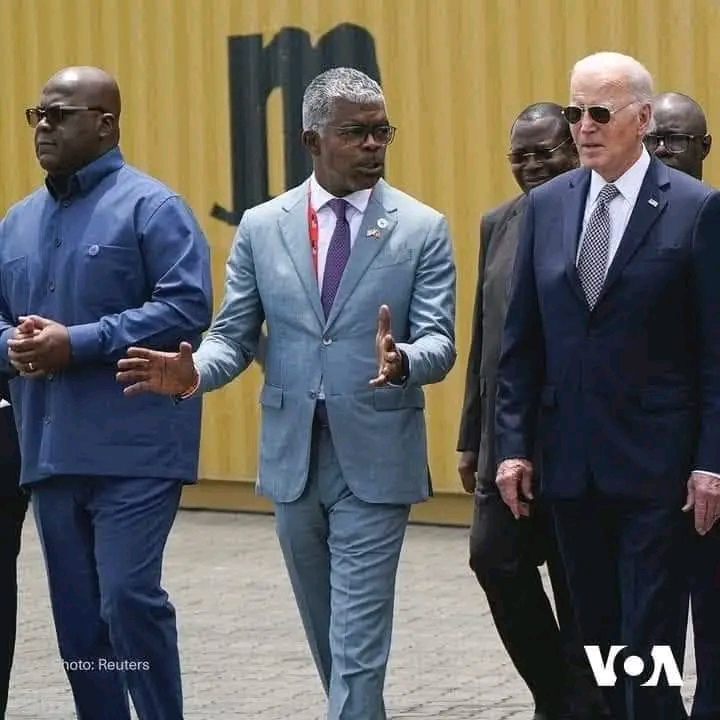By Ollus Ndomu
On Monday, President Joe Biden arrived in Luanda, Angola, to a grand reception. The nation declared a holiday, and regional leaders including Presidents Hakainde Hichilema of Zambia, Félix Tshisekedi of the DRC, and Tanzania’s representatives gathered to meet him. The Lobito Corridor railway project is the central agenda, but the visit carries broader geopolitical and economic implications.
Biden’s visit is historic. The last time a U.S. president set foot in Southern Africa was Barack Obama’s visit to South Africa in 2013. This return, near the end of Biden’s presidency, is no coincidence. It reflects the United States’ urgency to reassert its influence in Africa, particularly as China continues to deepen its foothold. Beijing has invested billions in infrastructure, mining, and trade across the continent, overshadowing Western influence. Biden’s presence signals a strategic pivot, an acknowledgment that Africa is key to the future of global power dynamics.
The Lobito Corridor is a vital piece in this puzzle. Stretching from Angola to Zambia and the DRC, it provides a direct export route for copper and cobalt—the lifeblood of electric vehicle batteries. As the world transitions to clean energy, these resources are indispensable. Yet, many African citizens wonder: if these minerals power global industries, why are they not fueling development in Africa? Why aren’t the battery plants and factories being built here, creating jobs and transforming local economies? Instead, the resources are extracted, leaving behind only environmental damage and underdevelopment.
Biden’s visit also underscores the West’s response to criticisms of exploitation. The $550 million U.S. loan for the Lobito Corridor is framed as a partnership, contrasting with accusations of China’s “debt diplomacy.” However, the broader picture remains: Africa’s wealth continues to enrich the global North while much of the continent struggles with poverty.
For Africans, Biden’s trip should spark reflection. The corridor is an opportunity for regional integration and economic growth, but the ultimate question is whether the leaders seated at the table will demand a fairer share. The U.S., China, or any other power cannot dictate Africa’s destiny. It must be shaped by Africans themselves.
About the Author
Ollus Ndomu is an editor at AfricaWorld Newspaper and a SADC political analyst with a keen interest in Africa’s development. Passionate about sparking meaningful conversations, he writes on regional political, social, and developmental issues, aiming to challenge perspectives and inspire dialogue. With a background in English Language and Literature, Ollus combines analytical insights with compelling storytelling to shed light on the pressing matters shaping Africa’s future.


